New voluntary guidelines help ‘close major loopholes and protect fish stocks’
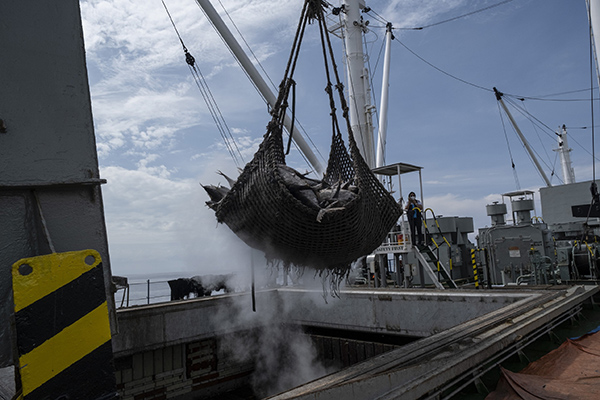
A key intergovernmental forum on fisheries and aquaculture has endorsed new voluntary guidelines governing the transfer of fish between ships. It’s a move to curb IUU (illegal unreported and unregulated) fishing, which threatens the sustainability of global fish stocks.
Developed by Members of the Food and Agriculture Organization of the United Nations (FAO) and presented at the 35th Session of the FAO Committee on Fisheries (COFI35), the Voluntary Guidelines for Transshipment “aim to regulate, monitor and control transshipment to support sustainable fisheries and further close loopholes that enable fish derived from IUU fishing to enter the market.”
Transshipment involves the direct transfer of fish from one vessel to another, regardless of its location, before the cargo is recorded at its final destination. It can take place in various locations, including ports, coastal waters and the high seas. While transshipment can be essential to reduce operating costs and maximize sustainable fishing opportunities, if not properly regulated it can be used to disguise illegally-caught fish, undermining national, regional and global efforts to curb IUU fishing.
The goal of the Voluntary Guidelines for Transshipment is to assist states, regional fisheries management organizations (RFMOs) and other intergovernmental organizations by providing standards for developing their policies and regulations that govern transshipment, with a view to integrating these into regulatory frameworks for sustainable fisheries management.
According to the FAO, the guidelines can support fishers, fish processors and others in the sector who act responsibly and in accordance with their fishing authorizations, while helping authorities to monitor and rebuild stocks, conserve marine biodiversity and build sustainability in the long term.
“These guidelines are a powerful tool with the potential to make a meaningful contribution to combating IUU fishing,” said Manuel Barange, Director of FAO’s Fisheries and Aquaculture Division.
The week-long COFI meeting also discussed how to grow global aquaculture sustainably and equitably, improve fisheries management and ensure biodiversity conservation and sustainable development of fisheries and aquaculture in the context of climate change.
According to FAO, fisheries and aquaculture can potentially contribute more to improved global food security and nutrition, but “efforts must be stepped up” to ensure further development is efficient, inclusive and sustainable, and recognizes “the vital role of small-scale fishers and fish farmers.”
“Today, more than ever, as we face many global challenges, fisheries and aquaculture play an increasingly important role in providing food, nutrition and jobs across the world,” said FAO Director-General Qu Dongyu. “Our valuable aquatic resources must be managed and used responsibly and sustainably, guided by the best science available.”
Follow the Advocate on Twitter @GSA_Advocate
Now that you've reached the end of the article ...
… please consider supporting GSA’s mission to advance responsible seafood practices through education, advocacy and third-party assurances. The Advocate aims to document the evolution of responsible seafood practices and share the expansive knowledge of our vast network of contributors.
By becoming a Global Seafood Alliance member, you’re ensuring that all of the pre-competitive work we do through member benefits, resources and events can continue. Individual membership costs just $50 a year.
Not a GSA member? Join us.
Author
Tagged With
Related Posts
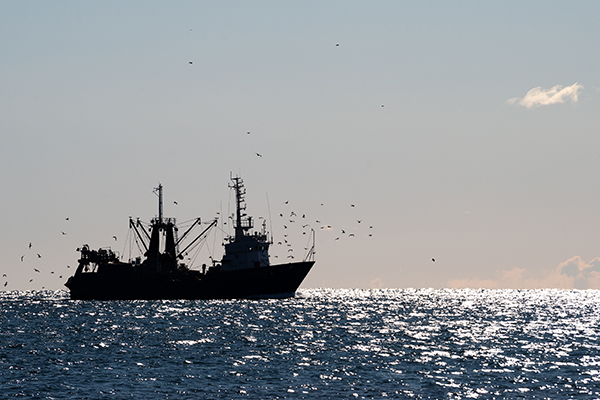
Fisheries
Stanford researchers launch IUU fishing and labor abuse risk tool
Stanford University-led research finds that more than 50 percent of assessed ports are associated with risk of labor abuse or IUU fishing.
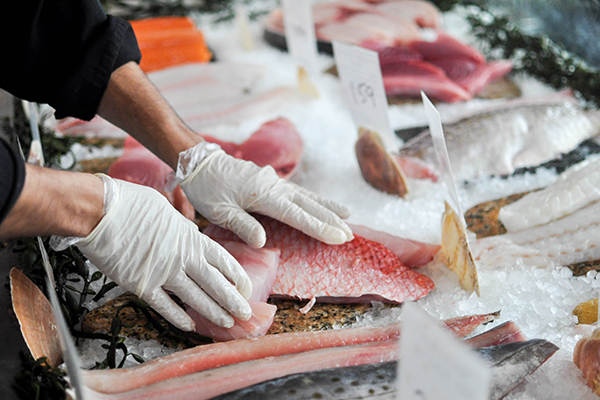
Intelligence
Suppliers, retailers and others call for improved seafood traceability standards in Canada
Grocery chains, seafood industry stakeholders and experts are calling for improved traceability standards for seafood sold in Canada.
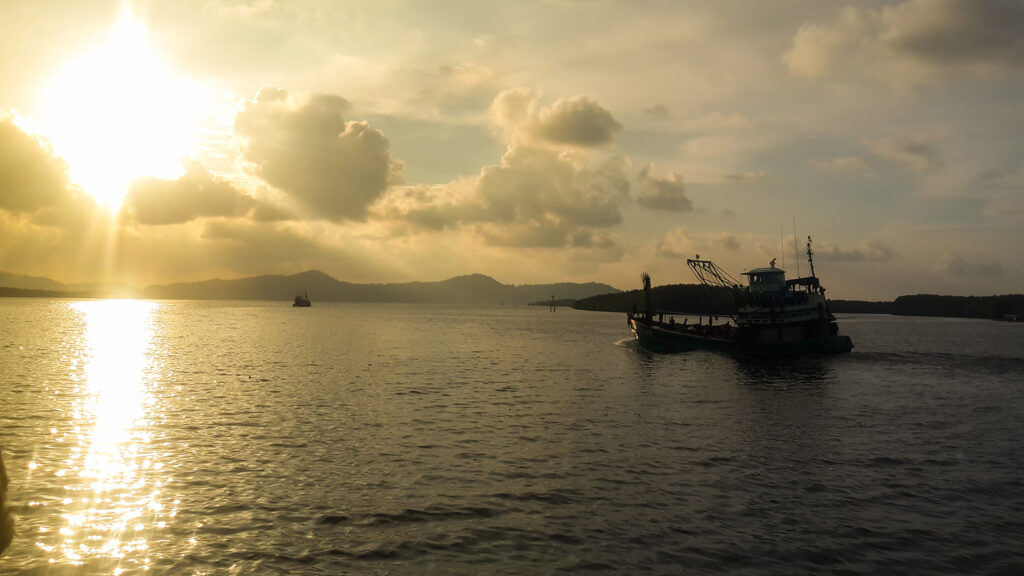
Fisheries
Can a data-sharing tool eliminate IUU fishing and make seafood supply chains more reliable?
The Sustainable Fisheries Partnership’s new data-sharing tool helps users identify environmental risks and eliminate IUU fishing in seafood supply chains.
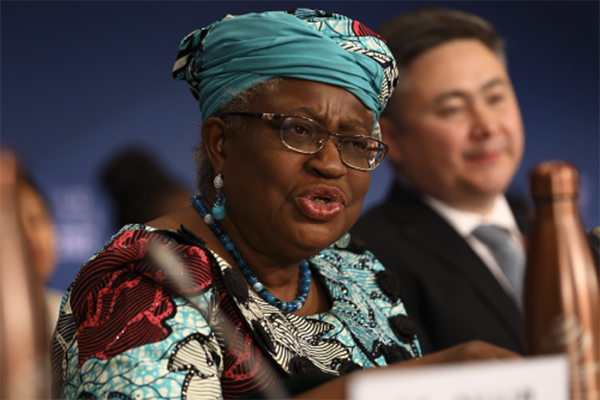
Fisheries
WTO members agree to curb subsidies that contribute to overfishing
World Trade Organization members have struck an agreement to end subsidies that contribute to overfishing, a decision that took 20 years to reach.



